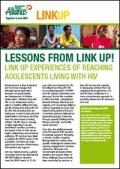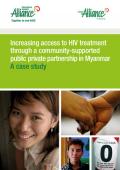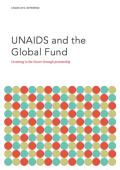Publications on People Living With HIV (PLHIV)

Resource | Tools,
The booklet has been designed to facilitate the work of Midwives (ANMs), Accredited Social Health Activists (ASHAs), Anganwadi Workers (AWWs) and the Self-Help Groups (SHGs) members who are working as front-line workers in the area of reproductive health, nutrition, empowerment and poverty alleviation programmes.
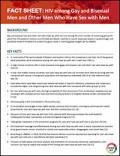
Resource | Fact Sheets,
Gay and bisexual men and other men who have sex with men are among the small number of remaining groups for which the HIV epidemic remains uncontrolled worldwide. Inability to mount responses based on epidemiologic and published research threatens to undermine gains made in reaching global targets set by UNAIDS.

Resource | Publications,
This report briefly describes and defines the challenges and impacts of discrimination in health-care settings. Such discrimination affects people seeking access to HIV prevention, testing, treatment, care and support measures, as well as health-care workers in their workplace.
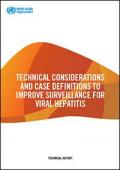
Resource | Publications,
In 2010 and 2014, World Health Assembly resolutions called for stronger surveillance of viral hepatitis. In response, the World Health Organization (WHO) has developed these technical considerations to assist and guide Member States in implementing and/or optimizing viral hepatitis surveillance.
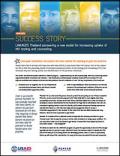
Resource | Publications,
Fewer than half of all men who have sex with men (MSM) in Asia know their HIV status. Part of the reason for this is that the prevailing model of outreach-based promotion of HIV testing and counseling (HTC) has achieved only low testing uptake and identication of HIV-positive individuals.






